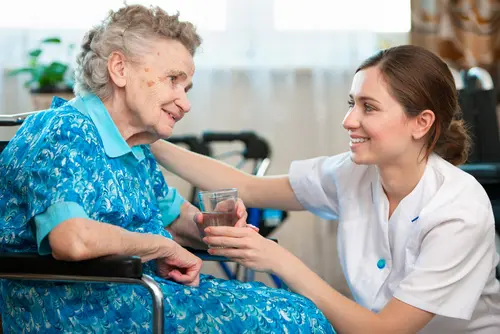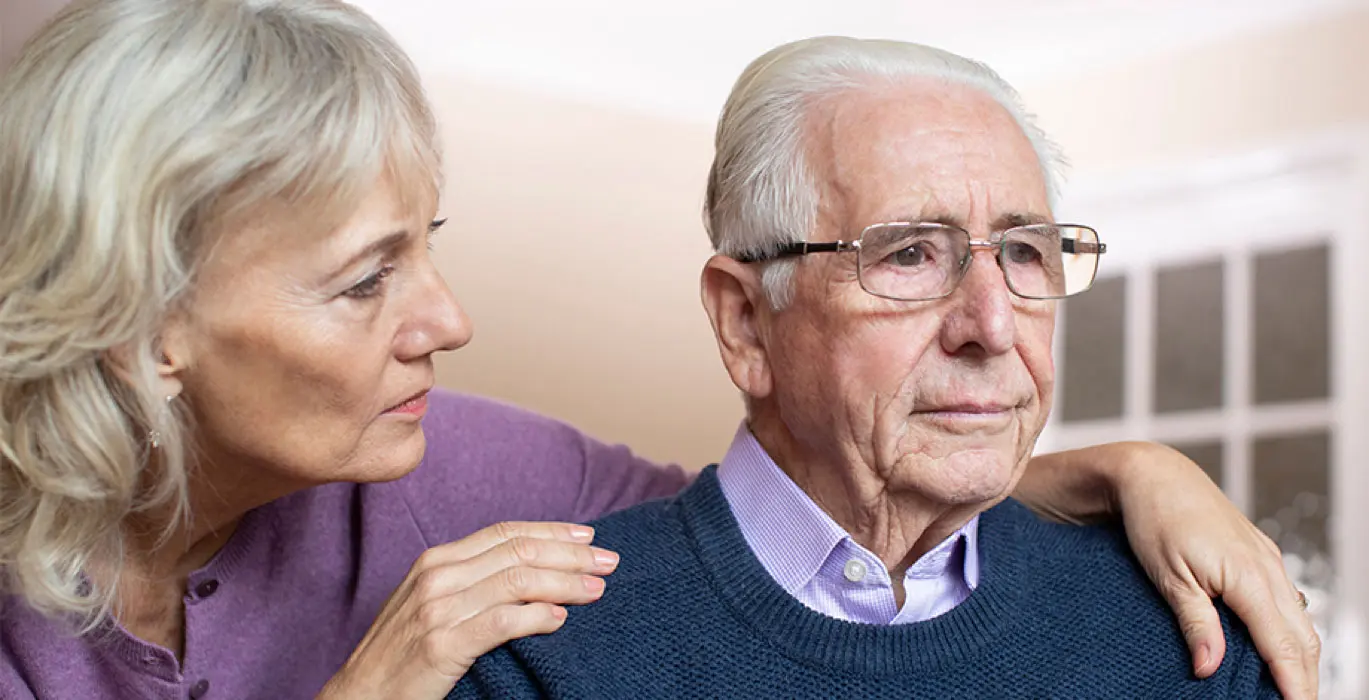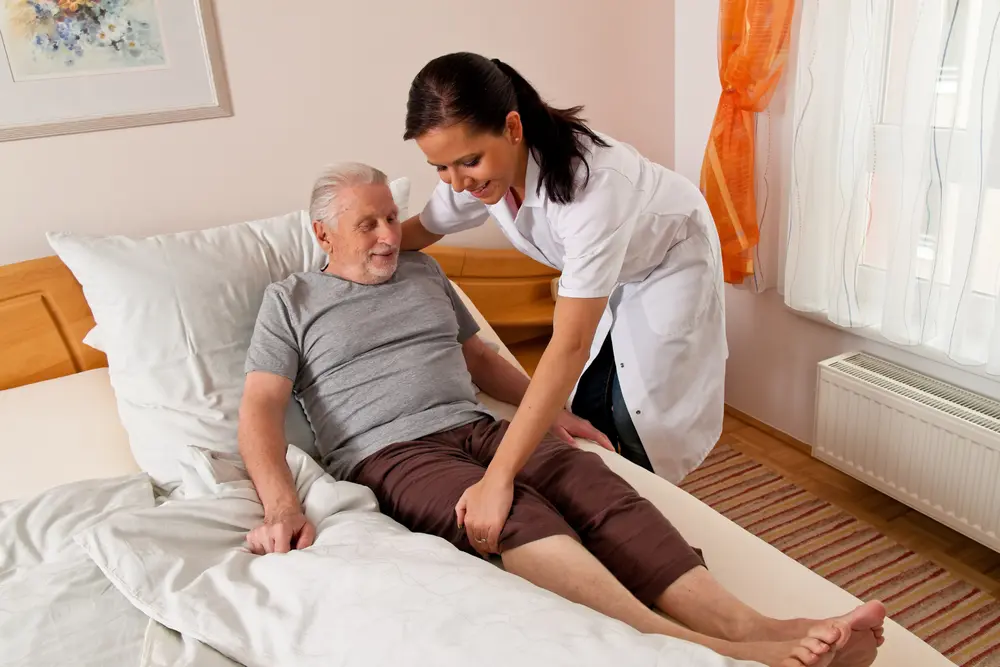New guidelines put forward by the National Institute for Health and Care Excellence (NICE) have re-enforced the importance of a personalised approach to care provision at home.
New guidelines put forward by the National Institute for Health and Care Excellence (NICE) have re-enforced the importance of a personalised approach to care provision at home.
Figures from 2013/14 indicate that just under half-a-million people receive care in their own homes at any given time in the UK, with numbers rising steadily. Of these care receivers, 80% were at least 65 years old, highlighting the need for a progressive and personalised approach to conditions associated with care for the elderly, such as dementia.
What are the guidelines?
Most of the guidelines are more evolution than revolution, with a number of local authorities mentioned as having developed an effective, high-quality service in their own right. The majority would require no additional funding on a national level, but rather a new focus on tailoring care towards each care receiver’s individual strengths.
One key guideline recommends that care commissioners provide a suitable amount of time within which a carer may establish a comprehensive understanding of a person’s needs. NICE has put forward practical steps to help commissioners achieve this balance, requiring time for carers to talk to their clients, as well as sufficient time within which to travel between appointments.
A minimum of half-an-hour per person per day with the same carer is recommended to ensure that an intimate knowledge of a person’s abilities, conditions, personality, aspirations and family support network can be developed. This can in turn be applied to develop an individual care plan that fills in the blanks rather than reducing abilities. For instance, if a person is able to feed themselves but with some difficulty, then the carer should assist them in overcoming this difficulty as opposed to spoon-feeding them.
Such an approach enables care receivers to recognise their own strengths and prevents loneliness, both of which help the person to maintain their dignity and lessen the chances of them developing clinical depression, which would isolate them further.
What do the experts say?
Professor Gillian Leng, deputy chief executive and director for health and social care at NICE, sees both psychological and physical benefits to this approach, stating: “As we age, most of us will want to continue living in our own homes, surrounded by a lifetime of memories, for as long as we can. Helping a person remain as independent as possible is an important component to maintaining their wellbeing… Without good support, older people can suffer from social isolation, malnutrition or neglect… and could end up in hospital.”
Minister for Community and Social Care, Alistair Burt, added: “Most of us envisage spending our old age in our own home and we want to provide the great care that can make that a reality. We asked NICE to develop this guideline so that everyone involved in providing home care has clear standards that we will expect them to follow. This will not only provide reassurance for countless families who rely on this care but for the thousands of workers who want the time and support to be able to give people the care they deserve.”
Our CEO, Fiona Lowry, commented: “We at Good Care Group welcome the guidelines outlined by NICE, as their findings entirely support our own independent research. Our core person-based value in live-in care is to focus on each person’s individuality, and help them to maintain their identity and dignity in their own home. This approach is applied by all our highly trained carers, who spend real time forming important relationships with the people they look after and support their abilities and independence, genuinely extending quality of life and creating happier, more productive care.”



